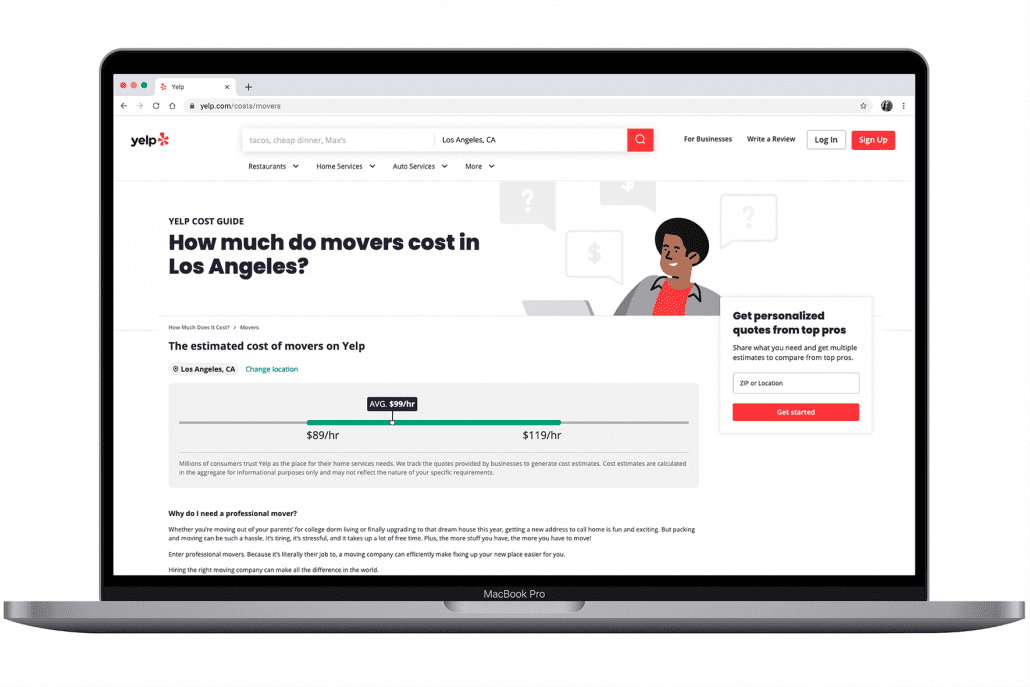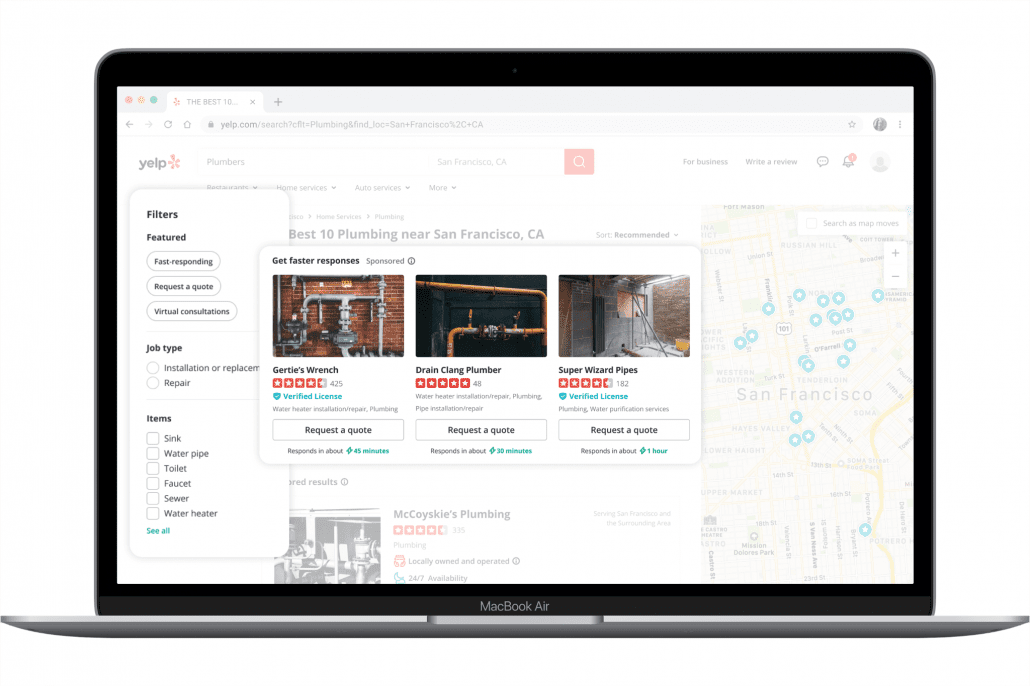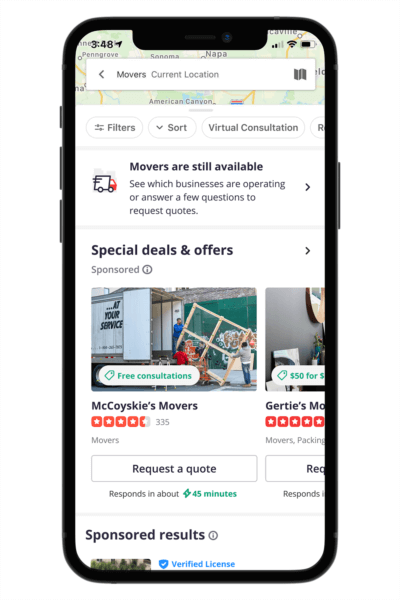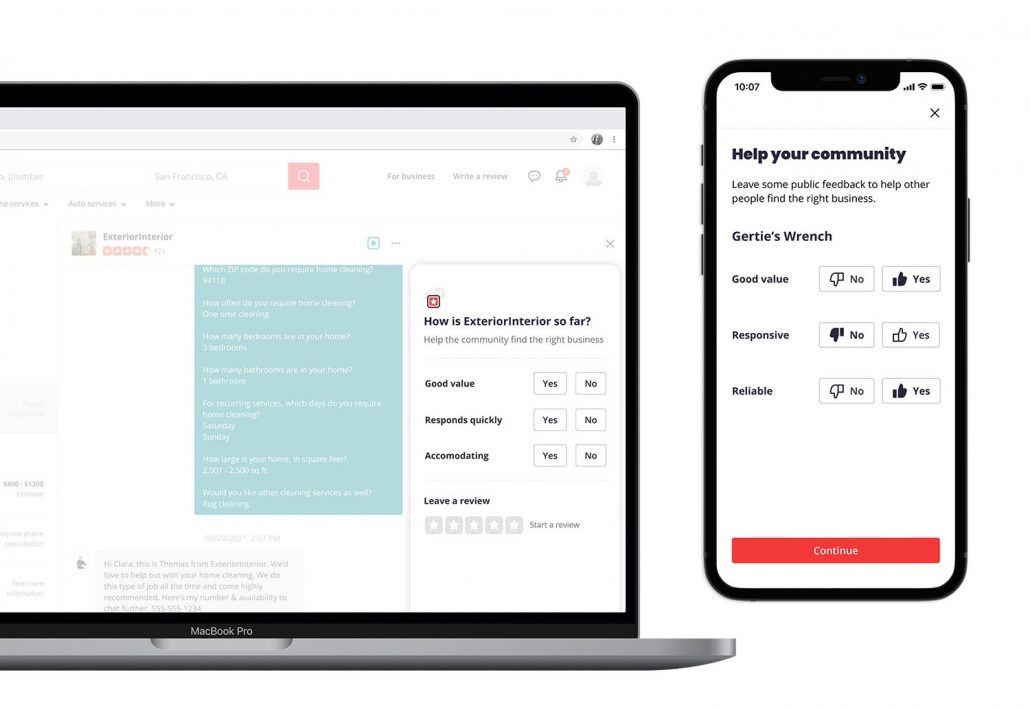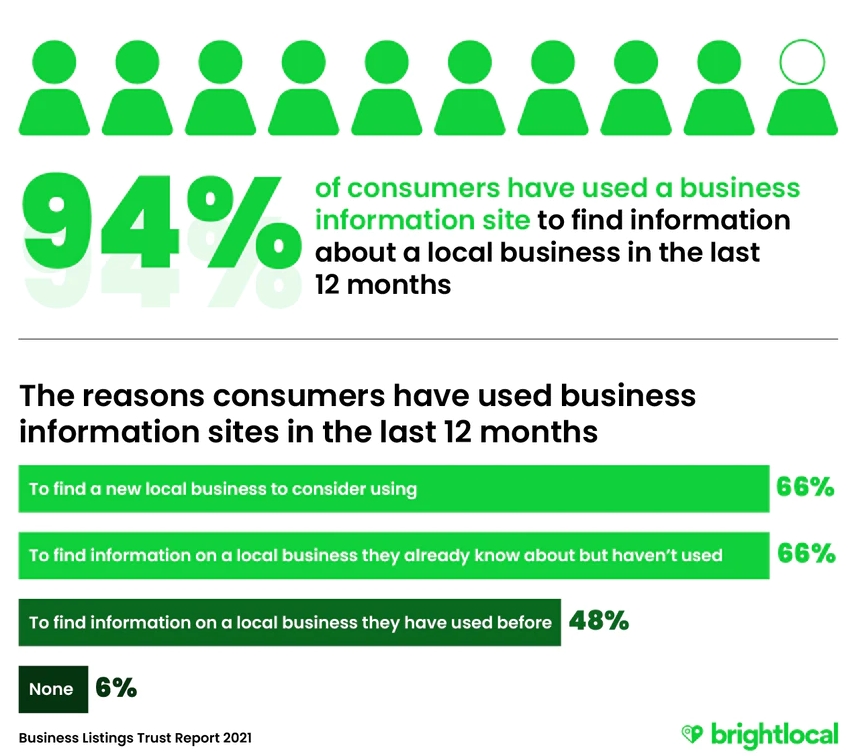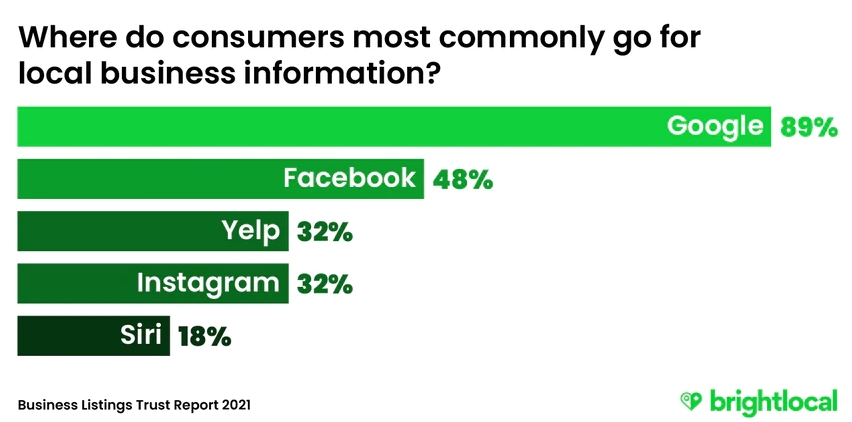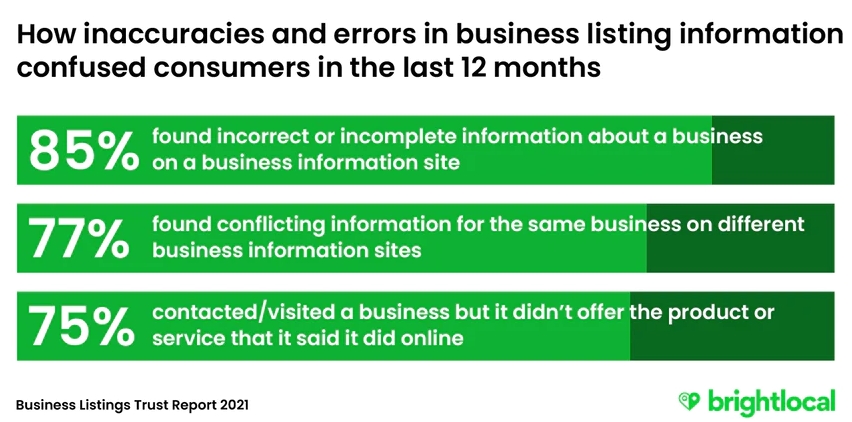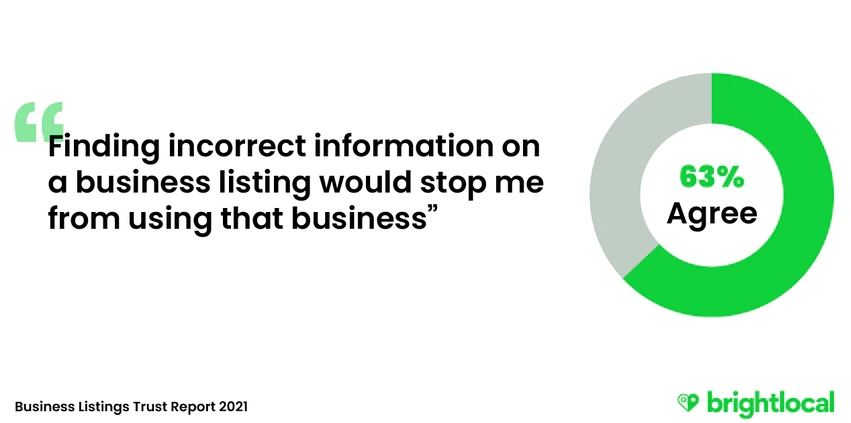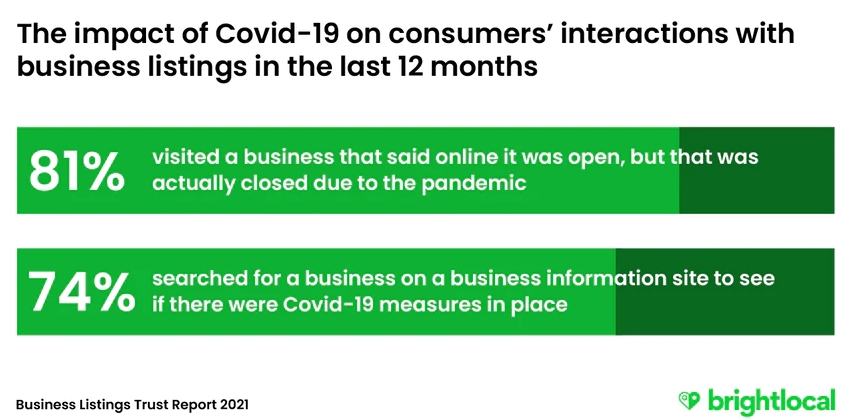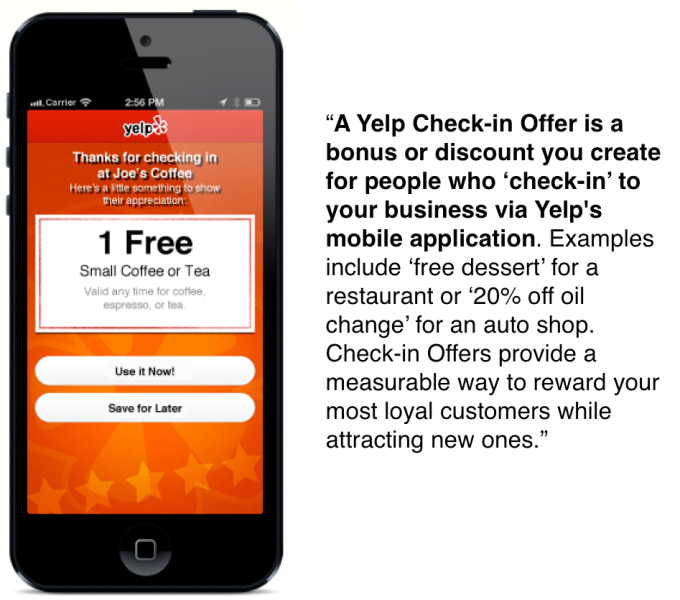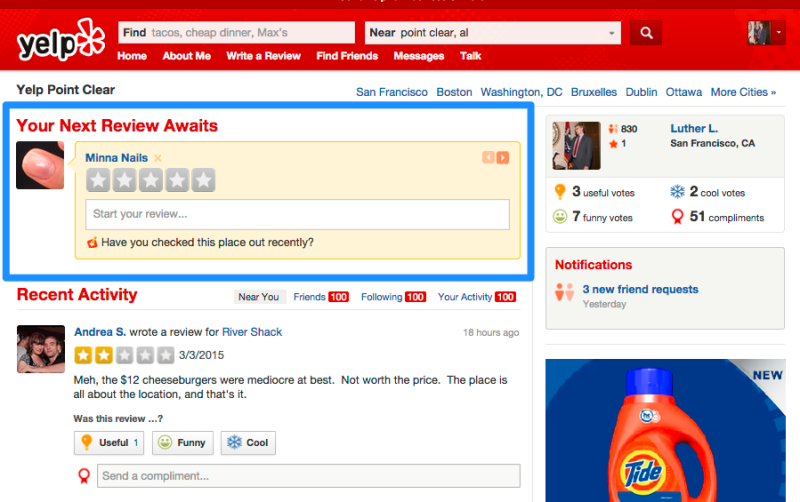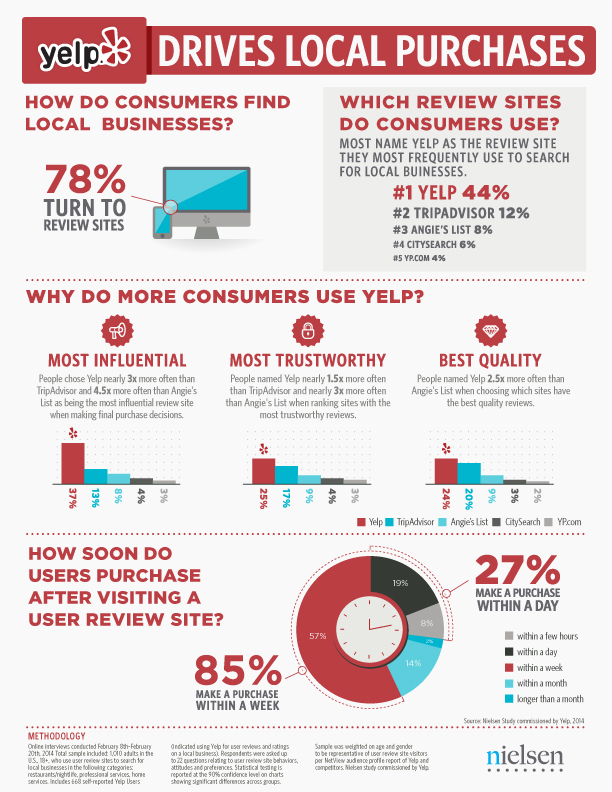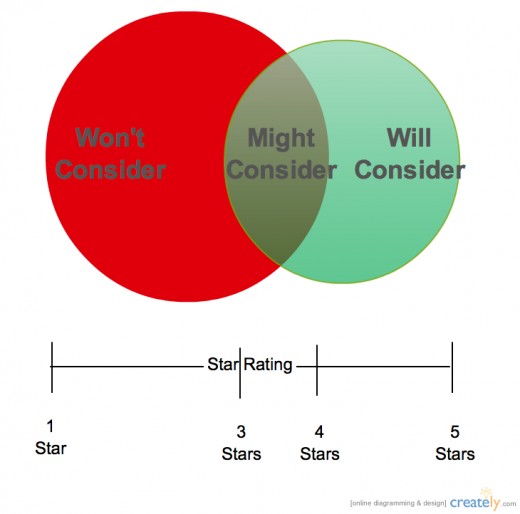Yelp has revealed 3 new features aimed to make it easier for brands to connect with customers and to improve user trust in the brands they find on the platform.
These three features, which include a satisfaction guarantee program, implementing AI to deliver a better search experience, and more immersive videos, make up what Yelp is called its “most significant update in years.”
Below, we will explore each new feature and when you can expect to see it for yourself:
Yelp Guaranteed
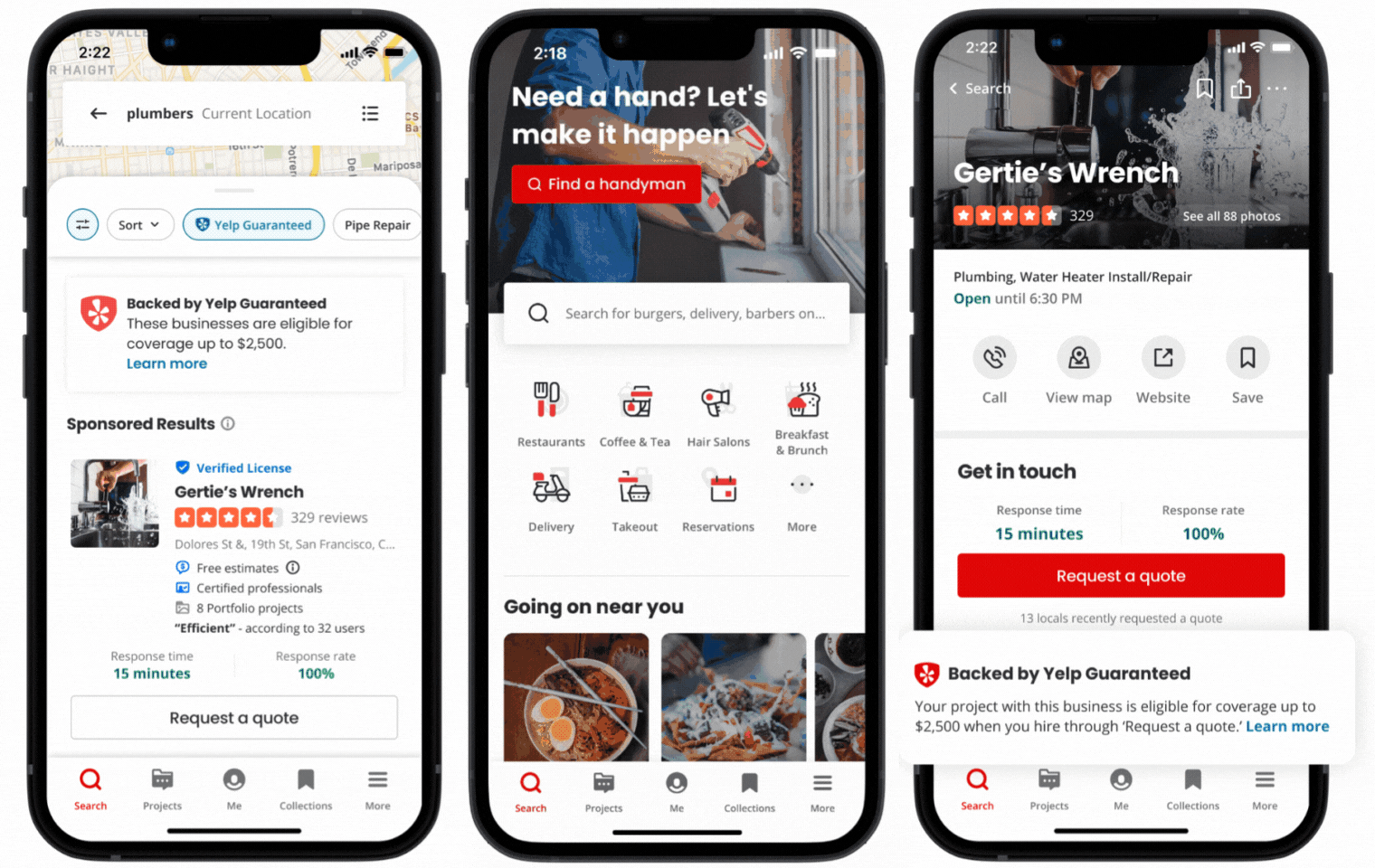
What is it?: Yelp Guaranteed is a new customer satisfaction program that guarantees up to $2,500 back if you are not happy with home improvement work done by a verified business. Specifically, the announcement says that you’’ be able to submit a claim if you have problems resolving an issue directly with the business.
Additionally, the company says verified businesses will receive a badge and may be prioritized in future search results on the site.
When will you see it?: This program is gradually rolling out to both users and businesses in San Francisco, New York City, Chicago, Seattle, and Washington D.C. though the announcement says they hope to expand the program nationwide soon.
To be a part of the Yelp Guaranteed program, your business must be a Request a Quote-enabled advertiser in these industries:
- Movers
- Plumbers
- HVAC
- Contractors
- Landscapers
- Electricians
Yelp says it hopes to be able to include other markets in the near future.
Enhancing Yelp Search With AI and Large Language Models
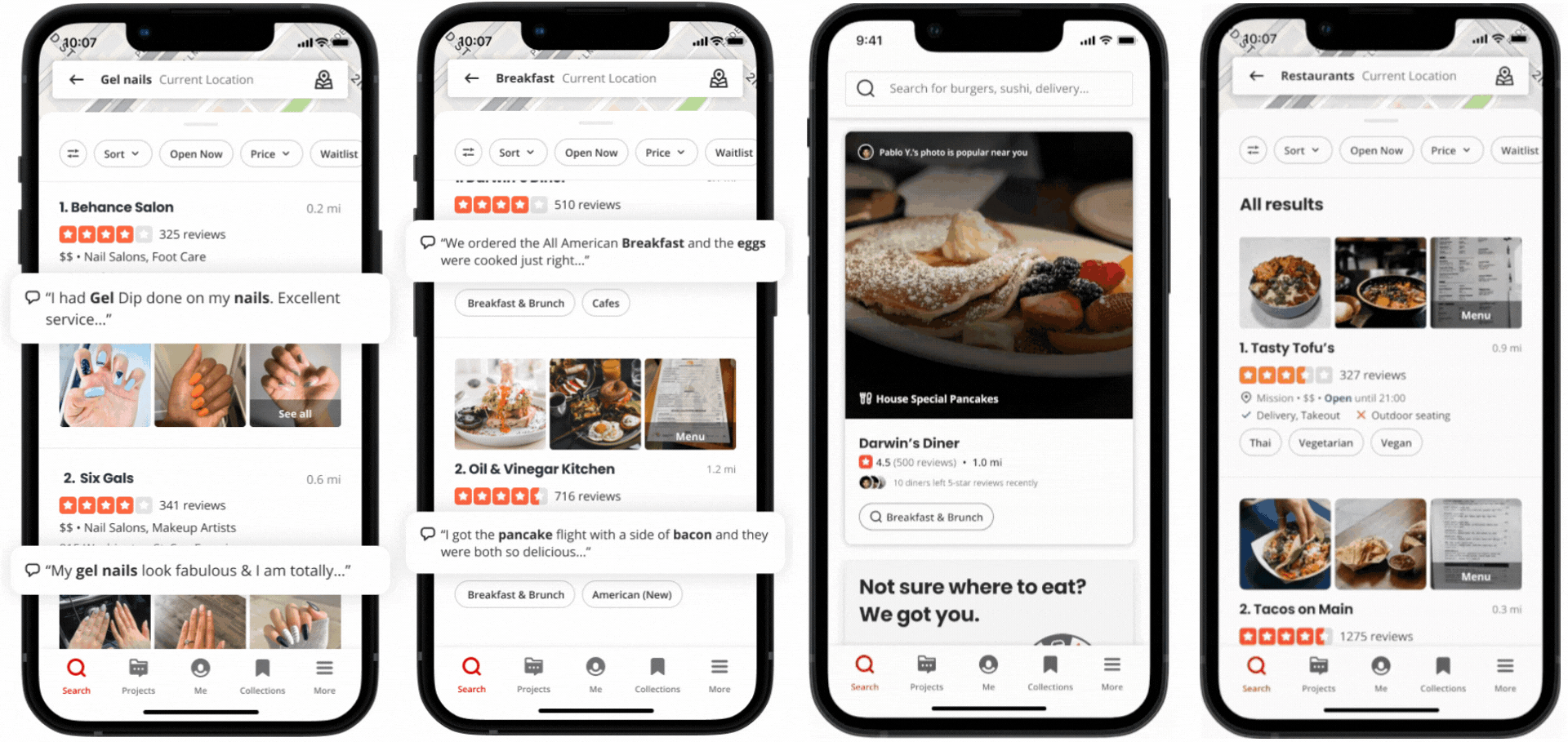
What is it?: Yelp is in the process of improving its search tools to include a slew of new abilities using AI trained with Large Language Models. Through this, the company has been able to better understand search intent and deliver more precise and personalized results,
The first wave of these AI-enabled features to be revealed includes highlighting the most relevant parts of reviews for your needs, providing search suggestions based on search intent, clickable category tags, and even a way for the site to “Surprise Me” with dining suggestions.
When will you see it?: The first wave of these AI-powered search features seems to be rolling out to users across Yelp now, though the announcement suggests you can expect to hear about more AI-led features soon.
New User Engagement Features
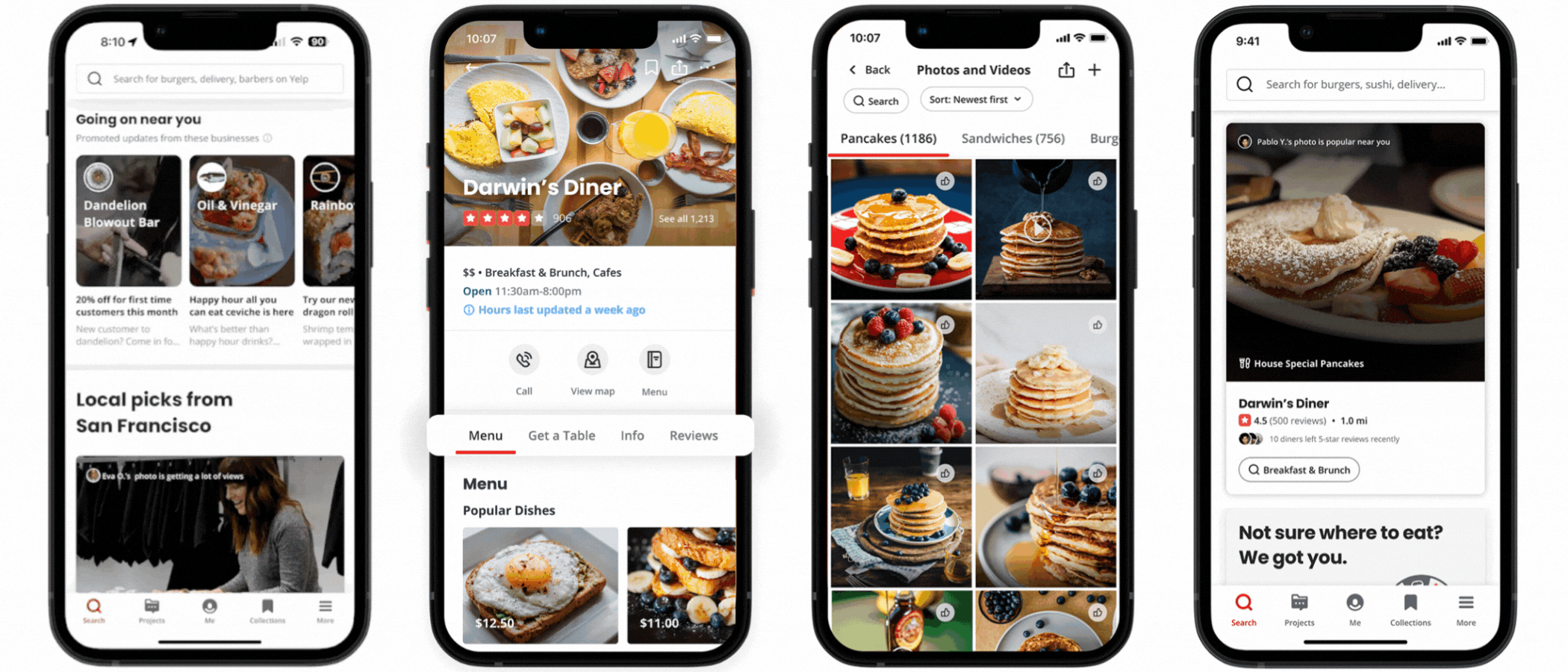
What is it?: Yelp is using new visual and interactive features to make its platform more engaging and encourage users to share their own opinions and reactions. It will do this by introducing new reactions, new ways to share media in reviews, and providing ideas for generating more effective and informative reviews.
Specifically, the announcement highlights these three new features:
- You can now include high-resolution videos up to 12 seconds long along with your text reviews and uploaded pictures.
- Yelp will now suggest topics users may want to discuss when writing a review. Such as “food,” “service,” or “ambiance.”Once a reviewer has covered these topics, Yelp will mark each topic with a green checkmark.
- Respond with reviews with a wider range of review reactions beyond just “Useful,” “Funny,” and “Cool.” Now, users can select from more options including “Helpful,” “Thanks,” “Love This,” and “Oh no.”
For more about Yelp’s biggest update in years, read the full announcement here.

